Must Have Gear for a Day of Splitboarding in Backcountry Avalanche Terrain
The following splitboard gear is what I recommend for splitboard touring in the backcountry which can be found in my snowboard backpack anytime I’m out splitboarding or backcountry snowboarding. I feel it’s better to be overly prepared than to spend an uncomfortable possibly life-threating night outdoors in the middle of winter. The gear I carry in my splitboard kit just may save my life, or yours too.
Updated Video Showing Mike Hardaker Mountain Weekly News Founder and his favorite splitboard gear.
I go pretty in-depth and nerdy on the splitboard terms used in this article. If just starting out you may want to read this piece on splitboard terminology explained first.
Splitboard Backpack

When it comes to touring in the backcountry while splitboarding, a comfortable, snug fitting backpack that keeps weight balanced is key. I have been testing the Osprey line of backpacks for year. And the Osprey Soelden 32L is one of my favorites.
I found the 32L capacity great for lighter and faster days in the mountains. While I prefer a little bit more capacity in a backpack like the Patagonia Decencionist 37L pack or even up to the 40L backpack options when spending a full day in the mountains guiding or teaching snow safety courses.
When it comes to touring in the backcountry it’s really easy to follow into one of two categories with your splitboarding backpack options.
- The person that goes light and fast, and will opt for leaving items at home. Think extra down layers, heavy repair kit for broken touring poles and bindings, extra gloves, extra goggles.
- The second type is the person (think ski guides) or old crusty locals that bring everything but the kitchen sink with them. The saying goes the bigger your pack the more gear you will inherently carry into the mountains. Typically this is the person that helps the rest of the group out as they have backups of everything.
Additional Backpacks to Consider for Splitboarding:
Ski Straps
The thing that lives at the very top of my backpack and I won’t even consider going touring with is a set or 4 of Voile ski straps. I found 4+ is the perfect amount. You can use these ski straps when you get into a pickle in a ton of ways. One of the most common being when your splitboard skins have a catastrophic failure in the backcountry. You know when they get wet and there is no tack left to stick to your skins. When this happens a Voile strap at the tip and tail really help to keep your skins in place for use in emergency situations.
These are lightweight, fold up easily and won’t take up much room. You can also use them to rig up temporary backpack straps or to attach things to the outside of your pack. Don’t leave home in the backcountry without a set of these.
-

 Weston$8.00Buy Now
Weston$8.00Buy Now -

 Amazon US$22.50Buy Now
Amazon US$22.50Buy NowAmazon.com Price: $22.50 (as of 12/31/2025 15:51 MST) Details
Product prices and availability are accurate as of the date/time indicated and are subject to change. Any price and availability information displayed on Amazon.com at the time of purchase will apply to the purchase of this product.
Avalanche Shovel
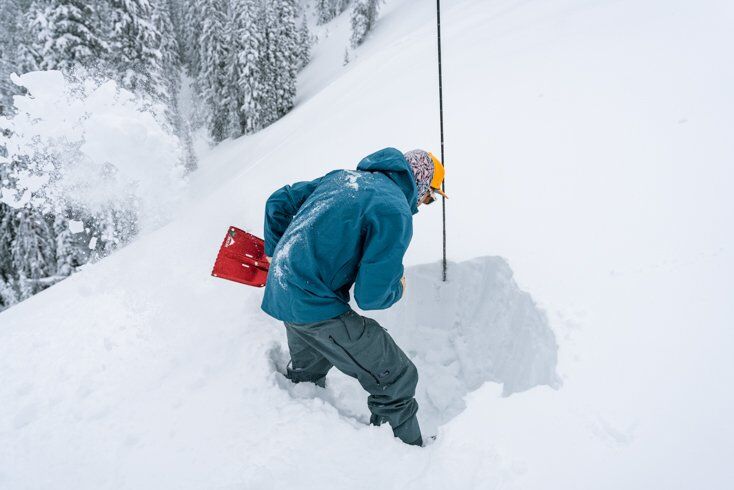
One thing you can never leave at home (along with a probe) while touring in the backcountry, and (avalanche beacon) for that matter is an avalanche shovel. Now these aren’t the sort of shovels you opt for cheap. Instead look for sturdy materials. A weight that you feel comfortable carrying in your pack and the size and shape of the shovel blade for rescue digging.
I have always opted for bigger, more stout shovels as if I need to dig someone out I want it to be as fast and efficient as possible. There are horror stories of shovels snapping due to the weight of the snow and torque put on the shovel while digging and excavating. I like a shovel that more flat at the shovel blade for making clean cuts while digging out a snow study pit.
The shovel I have used the past few seasons is the MSR Operator Snow Shovel that has 2 handle options the D Handle or T Handle. I opt for the T-Handle as it’s easy to fit in my hands even while wearing ski gloves. It’s strong, has aggressive cutting teeth and is reasonably priced at only $79.95. I have even used this for helping dig out stuck vehicles.
Additional Shovels to Consider for Splitboarding:
-

 Amazon US
Amazon US$39.99$34.26Buy NowAmazon.com Price: $34.26 (as of 12/31/2025 15:51 MST) Details
Product prices and availability are accurate as of the date/time indicated and are subject to change. Any price and availability information displayed on Amazon.com at the time of purchase will apply to the purchase of this product.
-
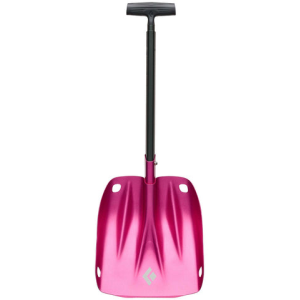
 PRFO Sports
PRFO Sports$ 84.99 (CAD)$ 63.99 (CAD)Buy Now -

 Black Diamond Equipment$79.95Buy Now
Black Diamond Equipment$79.95Buy Now -
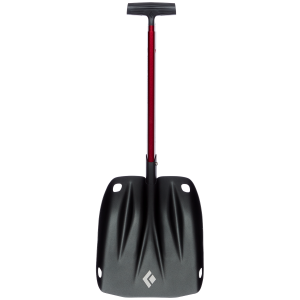
 evo$79.95Buy Now
evo$79.95Buy Now -
 REI$99.95Buy Now
REI$99.95Buy Now -
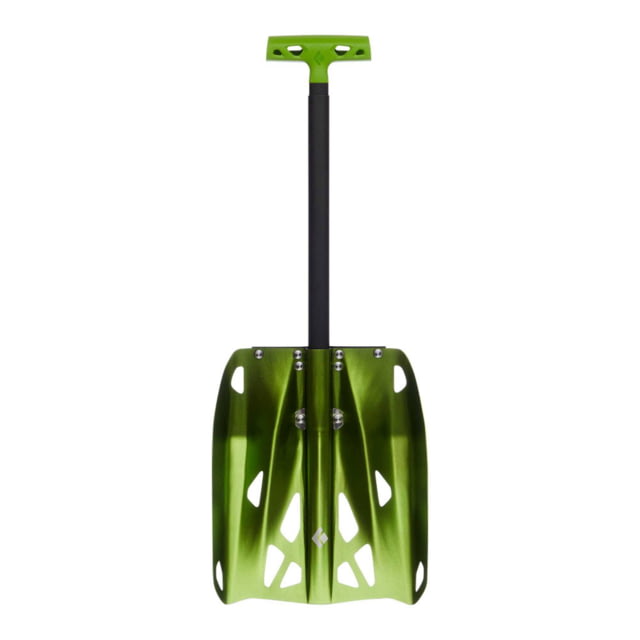
 CampSaver.com$109.95Buy Now
CampSaver.com$109.95Buy Now -
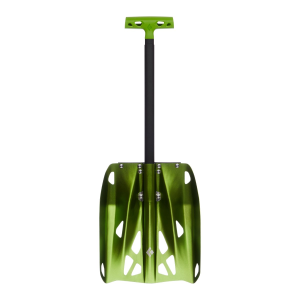
 Christy Sports$109.95Buy Now
Christy Sports$109.95Buy Now
Avalanche Probes

Similar to the avalanche shovels when it comes to probes you really want to focus on something that’s durable first, with weight be a second if not afterthought. The other thing to consider is avalanche probes come in different lengths. The person touring in a place like the Pacific Northwest or B.C. with fatter snowpacks will need a probe with lengths upto 320cm, while someone touring in a place like Colorado or the Tetons won’t need that much height. Which in turns adds weight.
I personally travel a lot and opted for another MSR product for snow saftey. The MSR Striker CX 320 which is a mix of carbon fiber (to save weight) and aluminum (for added durability) and the price is great at only $99.99. This is a must have piece of gear for if someone gets caught in an avalanche, as a beacon and shovel alone at times won’t do the trick.
Additional Probes to Consider for Splitboarding:
-

 Amazon US
Amazon US$59.95$53.70Buy NowAmazon.com Price: $53.70 (as of 12/31/2025 15:51 MST) Details
Product prices and availability are accurate as of the date/time indicated and are subject to change. Any price and availability information displayed on Amazon.com at the time of purchase will apply to the purchase of this product.
-
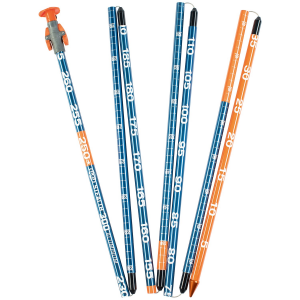
 evo$89.95Buy Now
evo$89.95Buy Now -
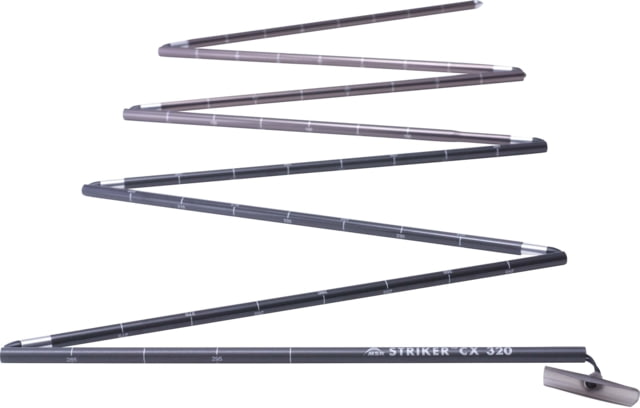
 CampSaver.com$99.95Buy Now
CampSaver.com$99.95Buy Now
Emergency Gear
Two-Way Messenger
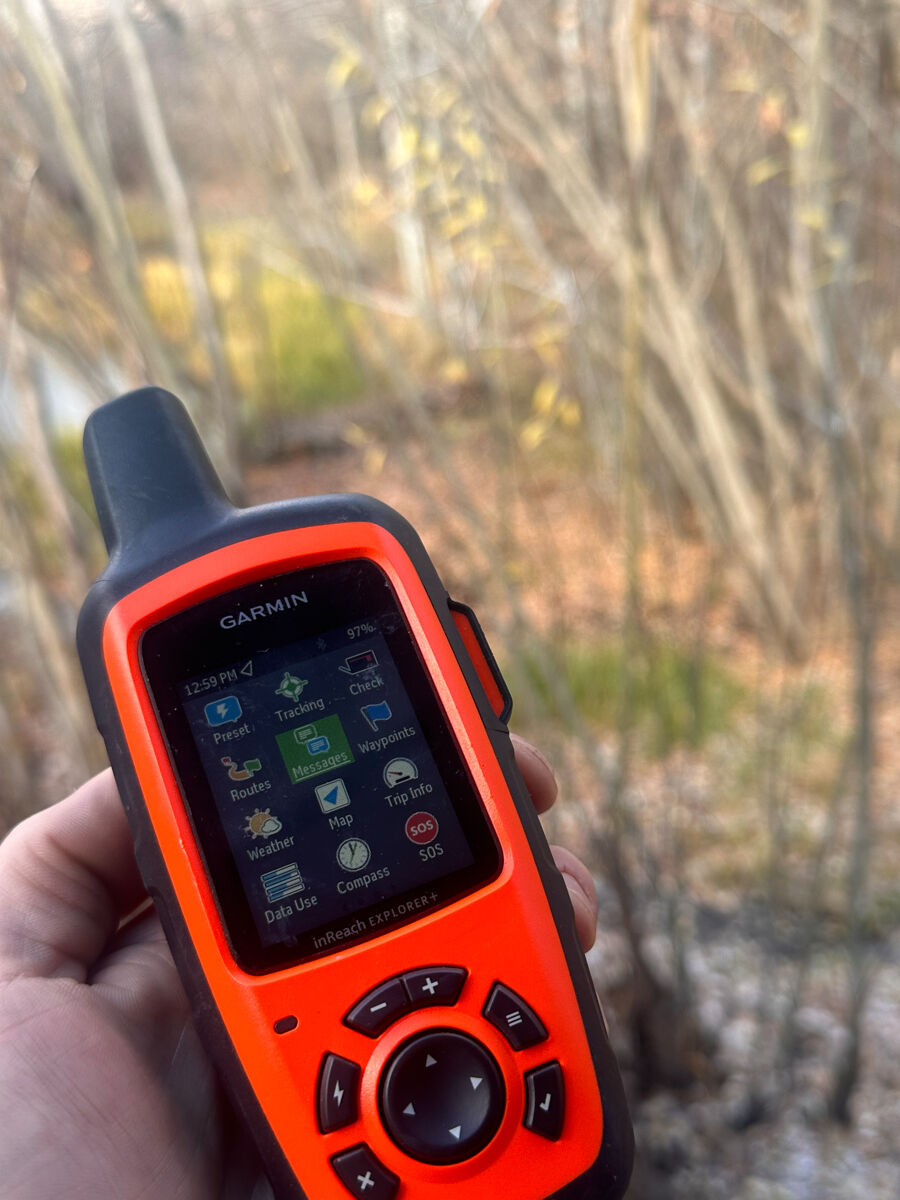
One thing I don’t leave home without whether I’m out splitboarding, hunting or backpacking is a two-way messenger. Cell phones are great to rely on until they aren’t. I even tour with one of the emergency room doctors here in town and he takes it a step farther by brining a satellite phone along on our backcountry tours.
The two-way messengers are great if your cell phone battery dies or you’re in a location without cell coverage. At times even in zones with good cell service when you get down into thick trees or into valleys the phones won’t connect. This is where a messenger can be a great safety tool and way to alert friends and family if you happen to be running later. Better than getting SAR called on you. I have been using the SPOT line of messengers for years along with Garmin InReach and am huge fans of both services and products.
-

 Nike$60.00Buy Now
Nike$60.00Buy Now -
 Bass Pro Shops
Bass Pro Shops$149.99$99.98Buy Now -
 Cabela's
Cabela's$149.99$99.98Buy Now -
 Academy Sports + Outdoor$149.99Buy Now
Academy Sports + Outdoor$149.99Buy Now -
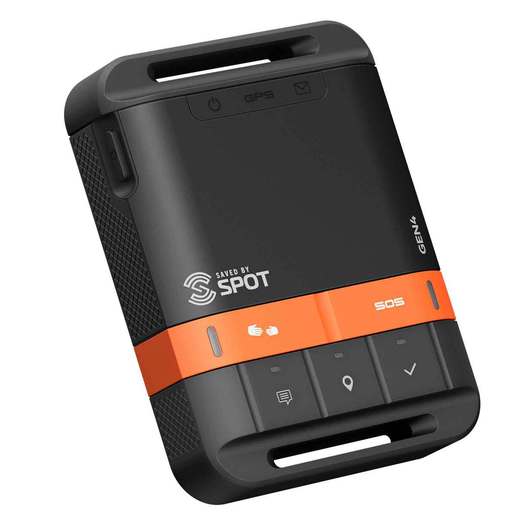
 Sportsman's Warehouse$149.99Buy Now
Sportsman's Warehouse$149.99Buy Now -

 Amazon USUsed $189.95$199.95Buy Now
Amazon USUsed $189.95$199.95Buy NowAmazon.com Price: $199.95 (as of 12/31/2025 15:51 MST) Details
Product prices and availability are accurate as of the date/time indicated and are subject to change. Any price and availability information displayed on Amazon.com at the time of purchase will apply to the purchase of this product.
-
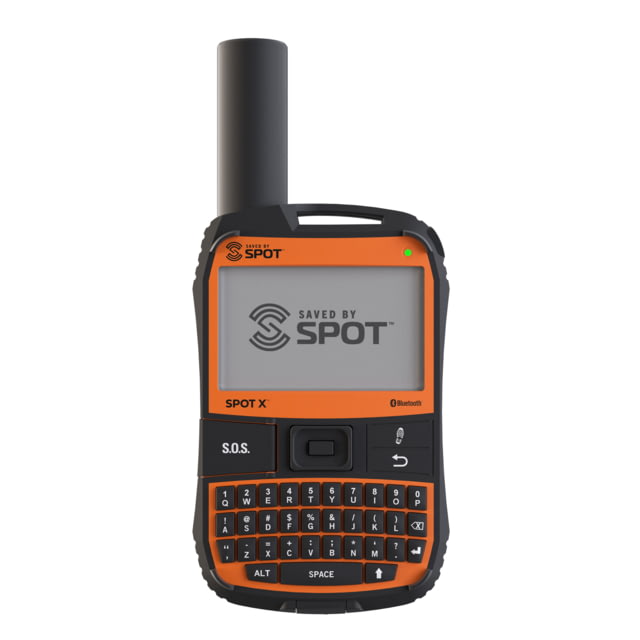
 CampSaver.com$249.95Buy Now
CampSaver.com$249.95Buy Now
Headlamps
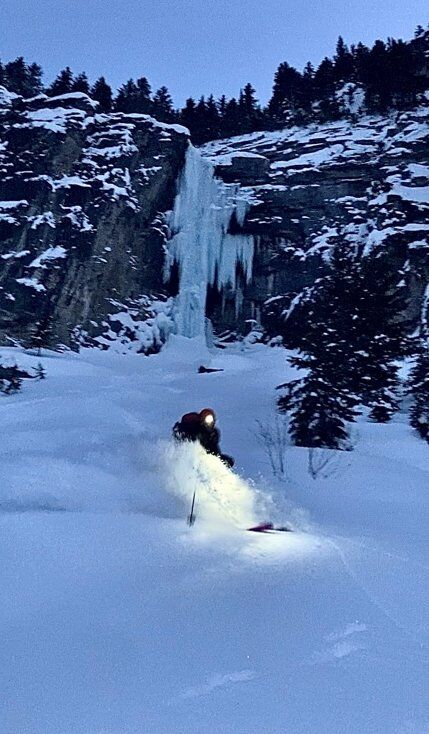
If you notice I said headlamp(s) plural. There is an old saying in the mountains when it comes to headlamps. One is none, two is one. Headlamp batteries are known for dying (especially if you forget to charge overnight) some headlamps have traditional batteries but most of the new ones are USB operated so charging can take some time.
I always bring two with me, a larger more standard style headlamp for early morning starts or more so for later afternoon tours if you find yourself coming home in the dark. This can be scary especially if your headlamp is dying or heaven forbid totally dead.
My go to headlamp is a Silva Trail Runner Free, and typically for a backup I like the Black Diamond Astro 300 as it has the ability to run on either standard batteries or the USB Style.
Additional Headlamp to Consider for Splitboarding:
-
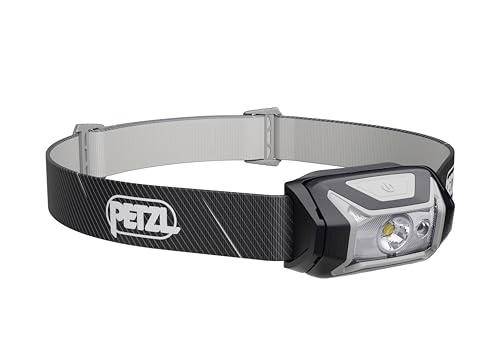
 Amazon US$34.95Buy Now
Amazon US$34.95Buy NowAmazon.com Price: $34.95 (as of 12/31/2025 15:51 MST) Details
Product prices and availability are accurate as of the date/time indicated and are subject to change. Any price and availability information displayed on Amazon.com at the time of purchase will apply to the purchase of this product.
-
 REI$34.95Buy Now
REI$34.95Buy Now -
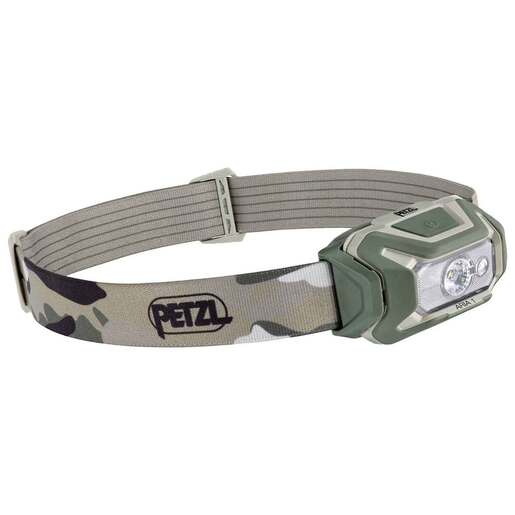
 Sportsman's Warehouse$39.95Buy Now
Sportsman's Warehouse$39.95Buy Now -
 Bass Pro Shops$39.99Buy Now
Bass Pro Shops$39.99Buy Now -
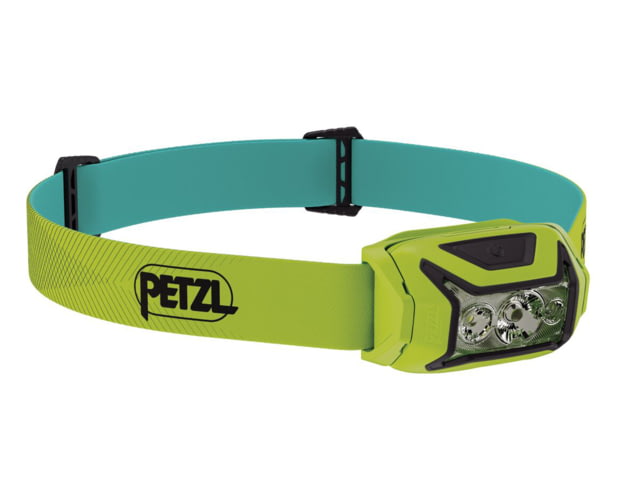
 CampSaver.com
CampSaver.com$59.95$44.96Buy Now -

 Gravity Coalition
Gravity Coalition$70.00$44.97Buy Now -
 Cabela's$59.99Buy Now
Cabela's$59.99Buy Now -

 Jenson USA$62.95Buy Now
Jenson USA$62.95Buy Now -
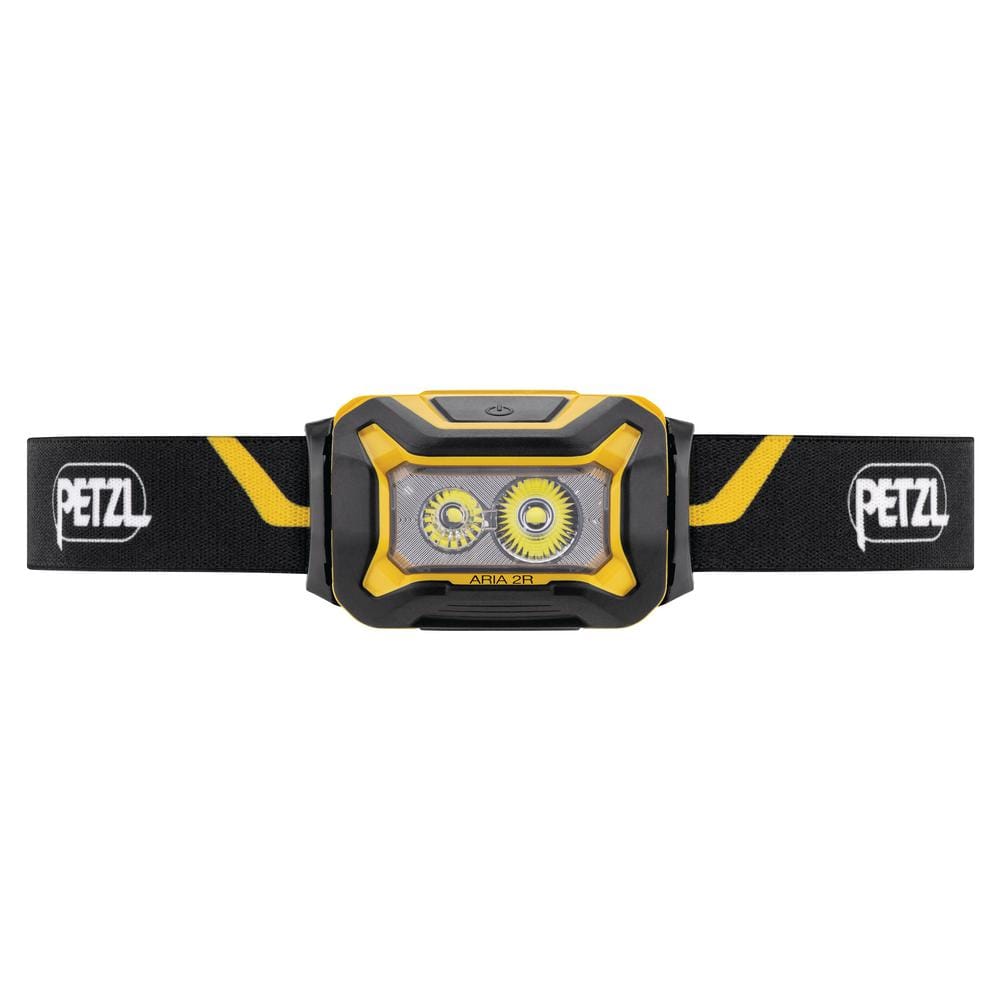
 The Home Depot$77.30Buy Now
The Home Depot$77.30Buy Now
Batteries / Portable Charger

Depending on what you plan to bring into the mountains tech wise a set or two of batteries is smart, don’t take up much space and you become a hearo in case of an emergency. I bring 2-4 AA and AAA batteries with me as backups. And then I like to also have a portable power station (make sure you bring cords, I like the 3 in 1 that covers most everything) including cell phones (iPhone and Samsung) and your smaller portable stuff like headlamps and more.
-

 Amazon USUsed $20.79$25.99Buy Now
Amazon USUsed $20.79$25.99Buy NowAmazon.com Price: $25.99 (as of 12/31/2025 15:51 MST) Details
Product prices and availability are accurate as of the date/time indicated and are subject to change. Any price and availability information displayed on Amazon.com at the time of purchase will apply to the purchase of this product.
-
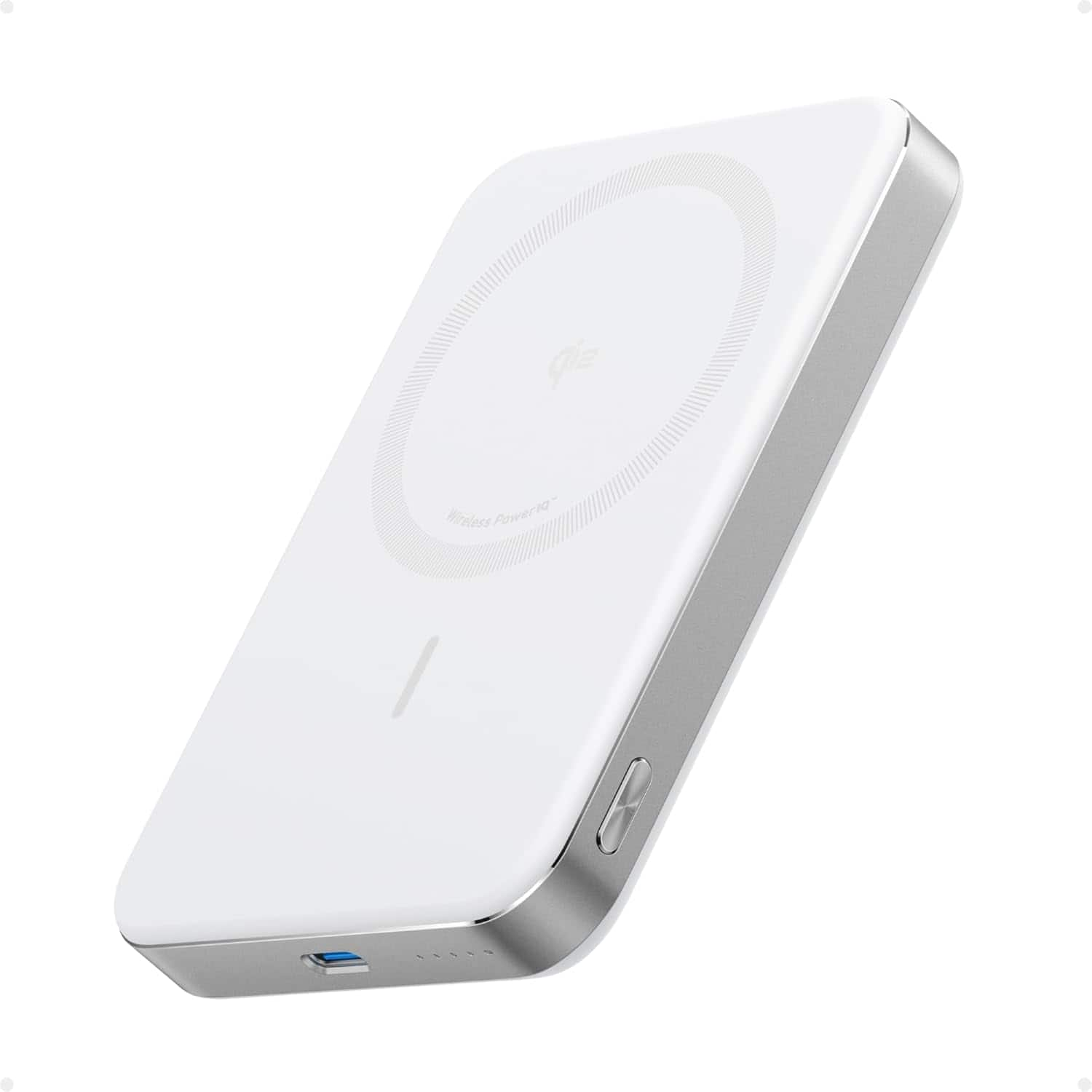
 Best Buy
Best Buy$79.99$62.99Buy Now -
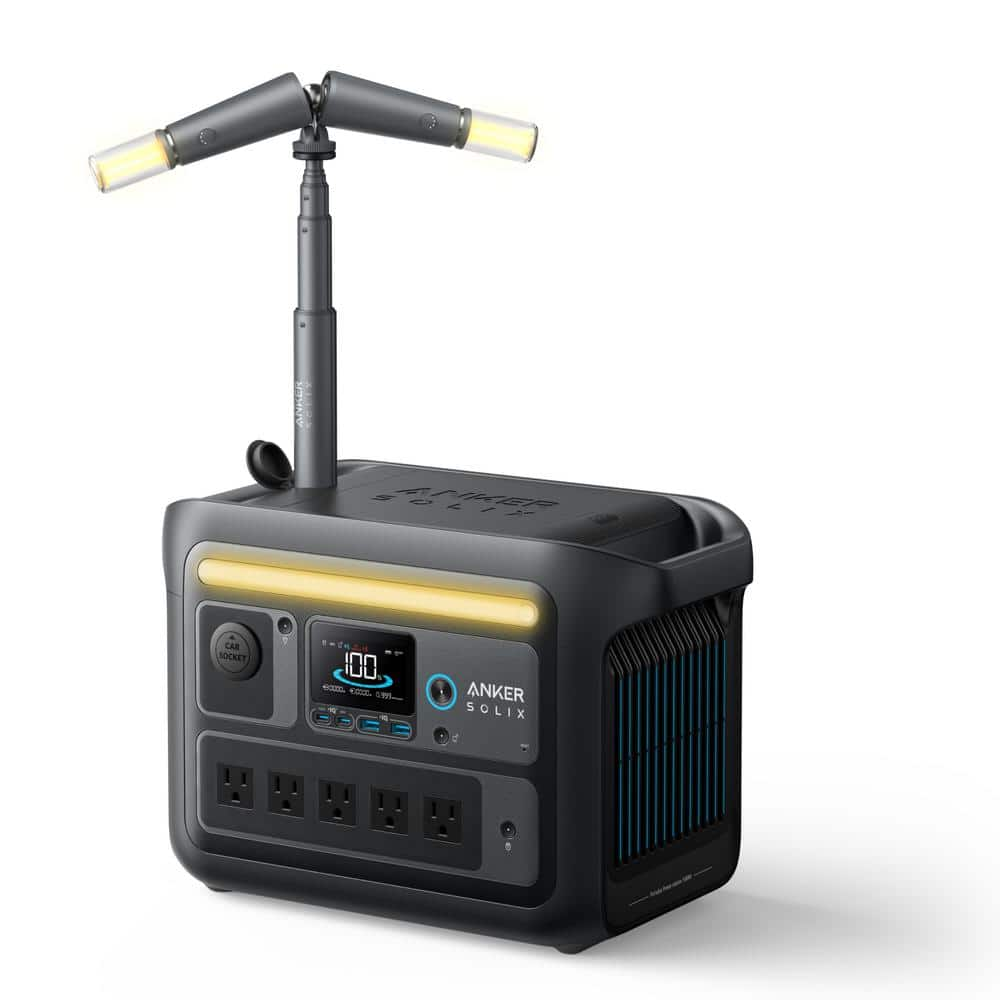
 The Home Depot$721.11Buy Now
The Home Depot$721.11Buy Now -
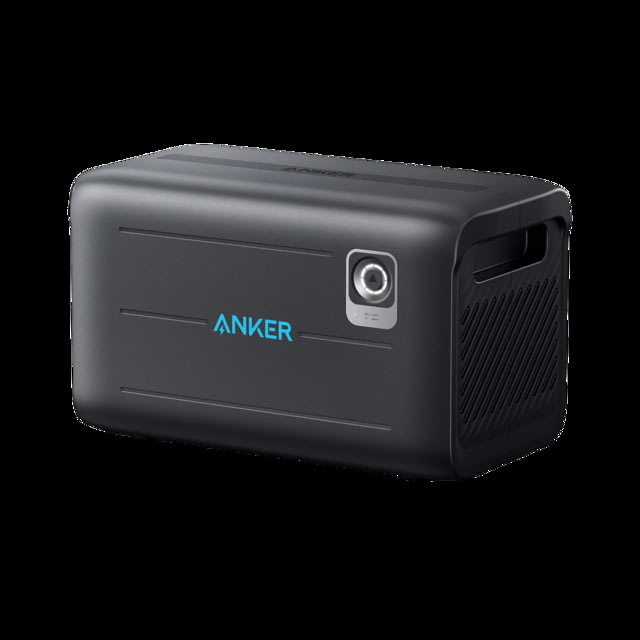
 CampSaver.com
CampSaver.com$1,499.00$1,079.28Buy Now
First Aid Kit

Having a first aid kit, and knowing how to use it is really smart in the mountains when playing around in the backcountry. I tend to opt for a lighter first aid kit do provide just enough care until SAR can arrive. If it’s that bad that you need to call SAR, most likely your first aid kit will only do so much.
I really dig the smaller lighter kits from Adventure Medical for day tours and opt for something a little bigger if doing overnights. The Adventure Medical Ultralight Watertight won’t take up much space or add bulk. I would also consider adding QuickClot to the kit incase of someone bleeding out.
Additional First Aid to Consider for Splitboarding:
-
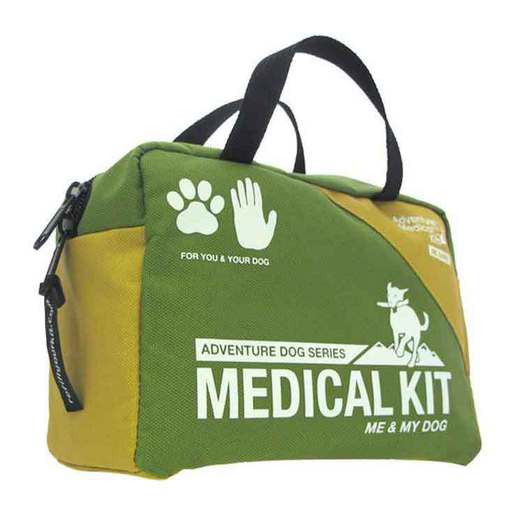
 Sportsman's Warehouse$58.99Buy Now
Sportsman's Warehouse$58.99Buy Now -
 REI$71.50Buy Now
REI$71.50Buy Now -

 My Medic$149.95Buy Now
My Medic$149.95Buy Now -

 Amazon US$174.95Buy Now
Amazon US$174.95Buy NowAmazon.com Price: $174.95 (as of 12/31/2025 15:52 MST) Details
Product prices and availability are accurate as of the date/time indicated and are subject to change. Any price and availability information displayed on Amazon.com at the time of purchase will apply to the purchase of this product.
Compass
In the past when I taught avalanche courses and splitboarded in more technical terrain I always recommended bringing along a compass with built in slope meter. This tool works 2 fold. You can use it for navigation to figure out direction of travel. And it can be used to measure the slope angle. Now you will want to take an avalanche course or two to get familiar with how to read slope and and run out angles, but this can be a great tool. And I like it as a backup incase your GPS (typically a phone these days) dies.
-
 Bass Pro Shops$44.99Buy Now
Bass Pro Shops$44.99Buy Now -
 Cabela's$44.99Buy Now
Cabela's$44.99Buy Now -

 Amazon US
Amazon US$69.98$52.94Buy NowAmazon.com Price: $52.94 (as of 12/31/2025 15:52 MST) Details
Product prices and availability are accurate as of the date/time indicated and are subject to change. Any price and availability information displayed on Amazon.com at the time of purchase will apply to the purchase of this product.
-
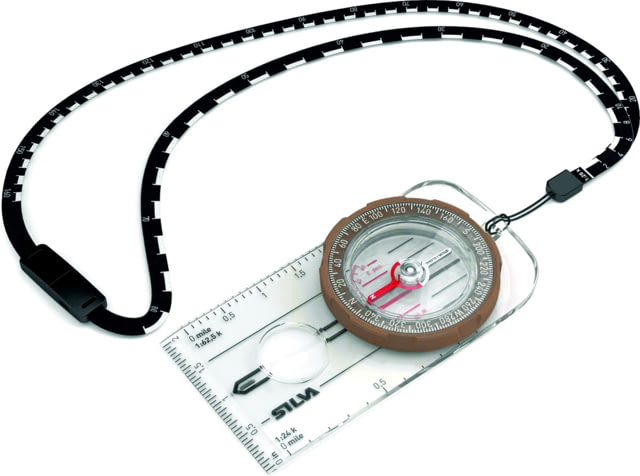
 CampSaver.com
CampSaver.com$59.95$53.99Buy Now
Food and Water
The more the better when it comes to snacks and water to stay fueled, warm and hydrated all in one. I always have some nuts with give great protein and salt which helps when cramping up and takes up very little space. Water can be trickier to bring with you as you need to think about temperatures and how to avoid your bottle or bladder from freezing. I found the Platypus Bags the best and least likely to fail in the mountains under heavy use.
CamelBak also makes a line of military grade bladders and hydration tubes. These are better at not freezing as long as you make a point to blow the water back down the tube after taking a sip to stop it from freezing while being exposed to cold temps on the outside of your pack. While on the inside the blatter’s won’t freeze.
-

 Jenson USA$66.00Buy Now
Jenson USA$66.00Buy Now -

 Amazon US$154.50Buy Now
Amazon US$154.50Buy NowAmazon.com Price: $154.50 (as of 12/31/2025 15:52 MST) Details
Product prices and availability are accurate as of the date/time indicated and are subject to change. Any price and availability information displayed on Amazon.com at the time of purchase will apply to the purchase of this product.
Backcountry Comfort
Packable Down Layer

The thing on this list that will most likely save your life if you need to spend a night in the mountains and which is so darn easy to pack is a packable down jacket. This life saver can also be used when standing around digging pits or waiting on people while filming. The best part is they weigh little to nothing and I have found instead of stuffing them into your stuff sack (which takes some bulk in your pack) I simply just squeeze the down layer into my backpack and it goes wherever there is space. My go to is always Patagonia gear for its balance of weight to warmth ratio and I always opt for a hood for added warmth and coziness’ when it’s snowing sideways. The Patagonia Micro Puff Insulated Packable Hooded Jacket comes with me everywhere I go in the mountains.
I use these often and have even been the hero when people are cold to let them wear my down puffy layer. Often overlooked and easily forgotten this piece of gear should always be in your kit and something you check for before a day in the mountains, each and every time. Regardless of your pursuit I was out hunting last week and when I needed my layer realized it was inside my snowboard backpack. Whoops.
Additional Packable Down Layers to Consider for Splitboarding:
Mittens
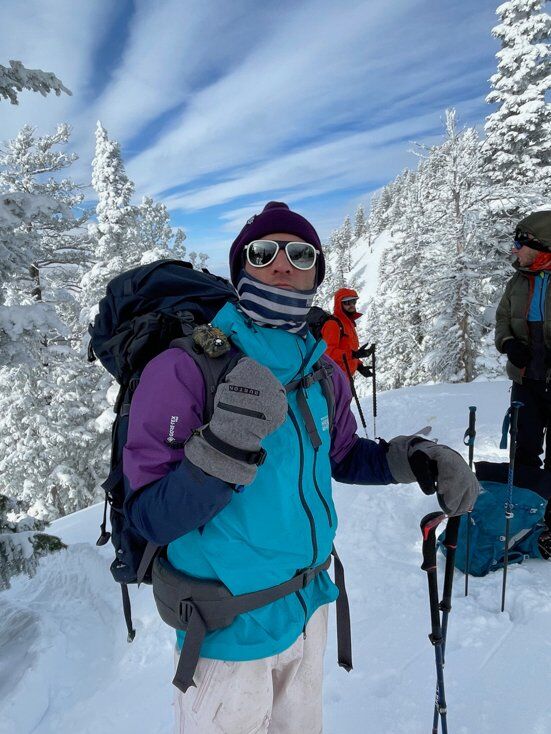
My hands tend to get cold by the time I make it to the top of the run touring. So when it comes to riding downhill I always have a pair or two of mittens in my backpack. These are even great in an emergency if yourself or someone else in your group needs to warm up and get out of their freezing gloves.
-
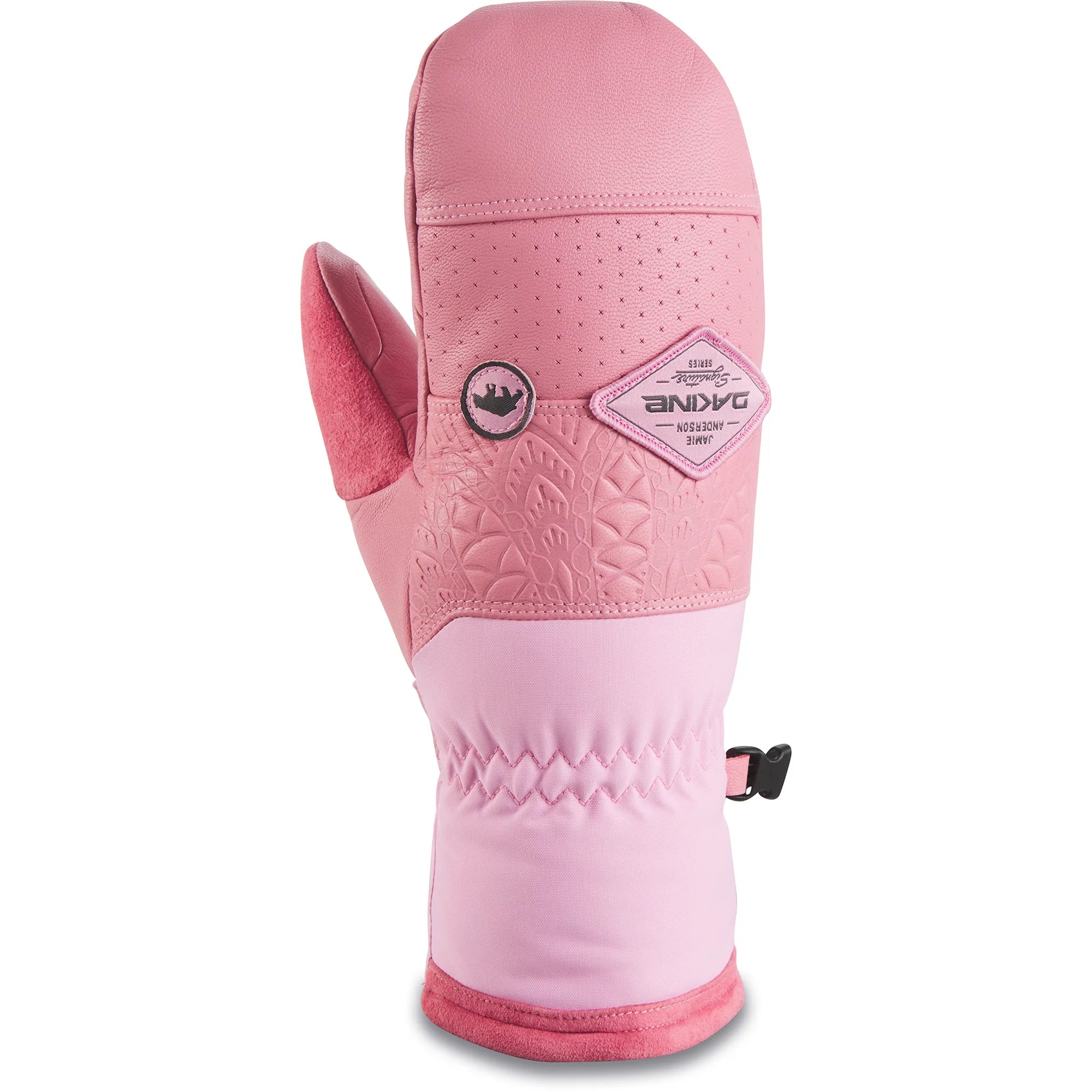
 Gravity Coalition
Gravity Coalition$130.00$58.97Buy Now -

 Blue Tomato€59,95Buy Now
Blue Tomato€59,95Buy Now -
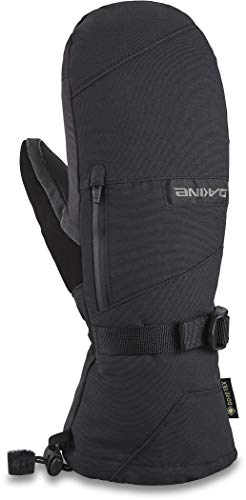
 Amazon US
Amazon US$85.00$69.16Buy NowAmazon.com Price: $69.16 (as of 12/31/2025 15:52 MST) Details
Product prices and availability are accurate as of the date/time indicated and are subject to change. Any price and availability information displayed on Amazon.com at the time of purchase will apply to the purchase of this product.
-
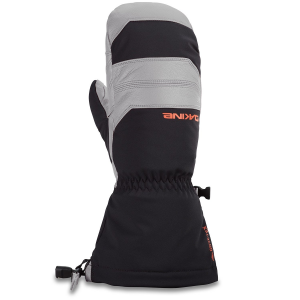
 evo
evo$129.95$69.99Buy Now -
 REI$94.00Buy Now
REI$94.00Buy Now
Gloves
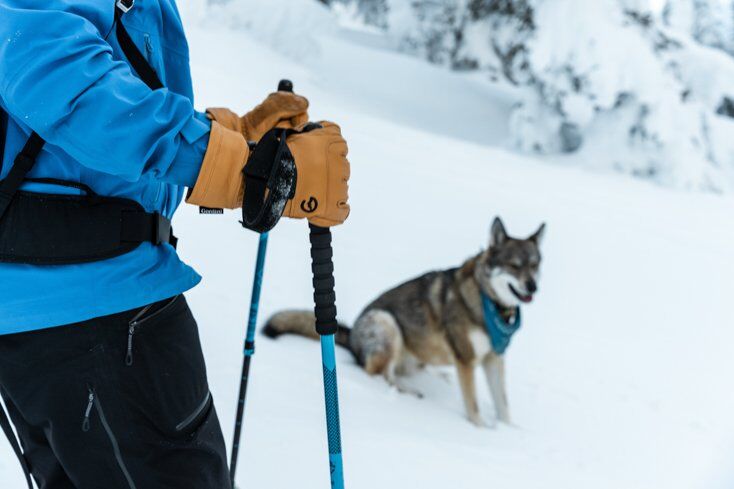
Along with mittens if you can spare the room an extra set of gloves goes a long way especially if you get cold hands easily or touring when temperatures fall well below freezing. Gloves freeze and leather gloves can become more like claws making it hard to grip. This is where swapping out to a second set of gloves is amazing. Warm hands, and warm feet more on that below go a long way in the backcountry.
-
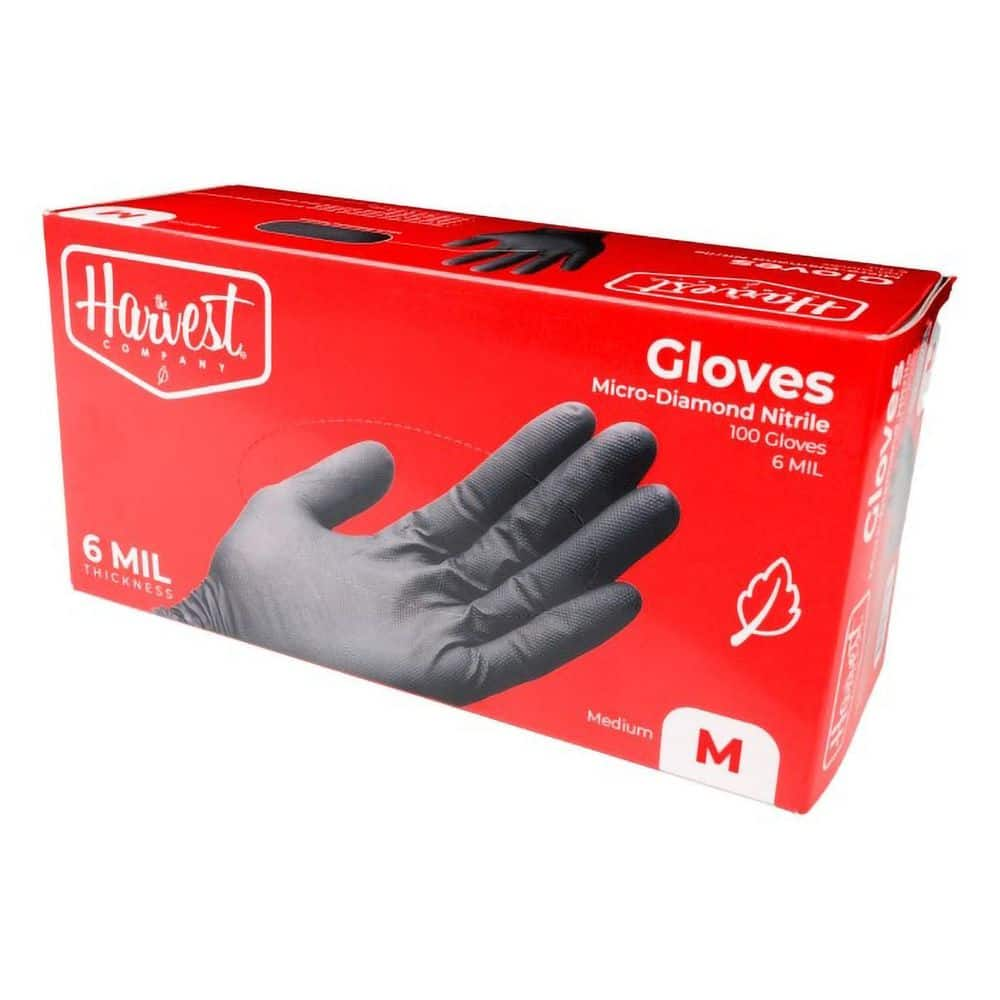
 The Home Depot$17.97Buy Now
The Home Depot$17.97Buy Now -
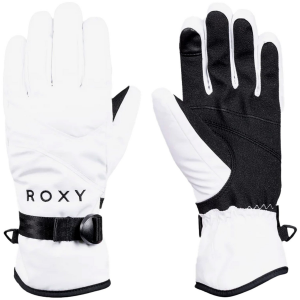
 evo
evo$49.95$24.99Buy Now -
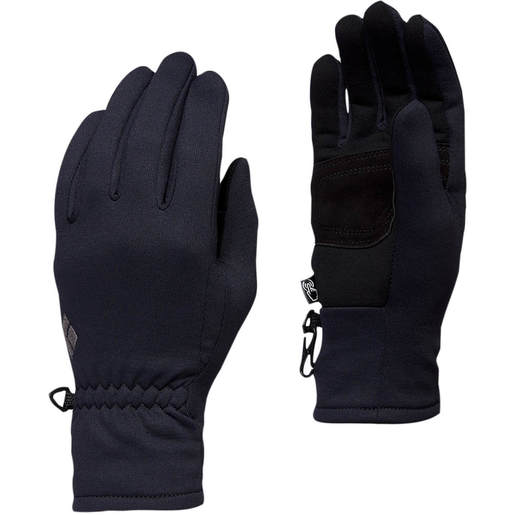
 Sportsman's Warehouse$39.95Buy Now
Sportsman's Warehouse$39.95Buy Now -
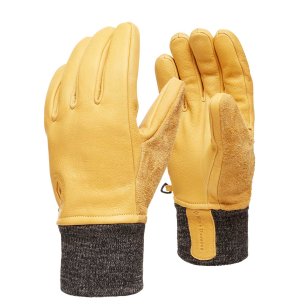
 PRFO Sports
PRFO Sports$ 54.99 (CAD)$ 40.99 (CAD)Buy Now -

 Nike
Nike$65.00$48.97Buy Now -

 Patagonia$49.00Buy Now
Patagonia$49.00Buy Now -

 Amazon US
Amazon US$53.88$49.88Buy NowAmazon.com Price: $49.88 (as of 12/31/2025 15:52 MST) Details
Product prices and availability are accurate as of the date/time indicated and are subject to change. Any price and availability information displayed on Amazon.com at the time of purchase will apply to the purchase of this product.
-

 Black Diamond Equipment$59.95Buy Now
Black Diamond Equipment$59.95Buy Now -

 Jenson USA$59.95Buy Now
Jenson USA$59.95Buy Now -
 REI$59.95Buy Now
REI$59.95Buy Now
Socks
My friend Jim O’Connor and worked snow safety for the Brainfarm crew while deep in the mountains riding and filming with Travis Rice. The only downside to long and were talking long days on snowmobiles and standing around in snowboard boots is eventually your feet will get wet, and possible cold. So I always bring a thick pair of socks, I really dig the Smartwool stuff. I won’t leave home on my snowmobile without checking for a second set of socks.
-
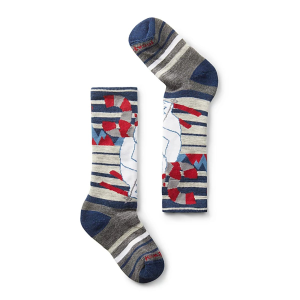
 Christy Sports
Christy Sports$20.00$14.00Buy Now -

 Zappos.com$28.00Buy Now
Zappos.com$28.00Buy Now -
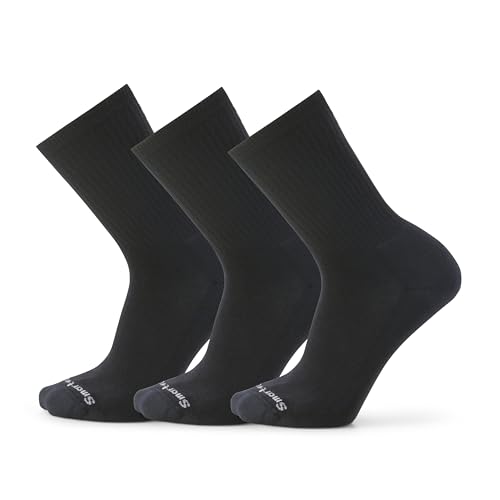
 Amazon US
Amazon US$72.00$68.40Buy NowAmazon.com Price: $68.40 (as of 12/31/2025 15:52 MST) Details
Product prices and availability are accurate as of the date/time indicated and are subject to change. Any price and availability information displayed on Amazon.com at the time of purchase will apply to the purchase of this product.
Extra Gear to Consider for Splitboarding
Snow Saw

Depending on where you are at in your level of avalanche education at a certain point when it comes to digging pits and getting clean walls for your snow science test a dedicated snow saw will come into place. A couple things to note is the saw is essentially when doing cuts in the wall for ECT test and many more. But the saws are sharp and cutting yourself in the backcountry when it’s cold is no fun. So always be sure to put the saw carefully back into it’s sheath.
Many items on this list have multipule uses, the saw is really just for cutting straight lines in your snow pit.
-
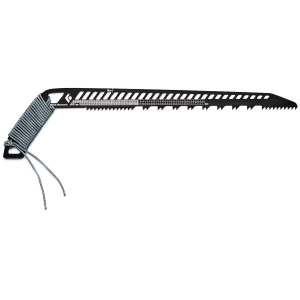
 evo$69.95Buy Now
evo$69.95Buy Now -

 Amazon US$93.94Buy Now
Amazon US$93.94Buy NowAmazon.com Price: $93.94 (as of 12/31/2025 15:52 MST) Details
Product prices and availability are accurate as of the date/time indicated and are subject to change. Any price and availability information displayed on Amazon.com at the time of purchase will apply to the purchase of this product.
-
 REI$119.95Buy Now
REI$119.95Buy Now -

 Black Diamond Equipment$129.95Buy Now
Black Diamond Equipment$129.95Buy Now
Cordage
I often dig avalanche snow saftey pits at the start and towards the end of the season. Having paracord with knots every 6 inches allows for faster and clean cutting of snow wile doing more advanced snow safety test. This cord takes up zero space and is something to comes with me on all tours yet is used less than 10% of the time. More of a higher level tool.
A Look at What I previously carried in my splitboard kit in the past.


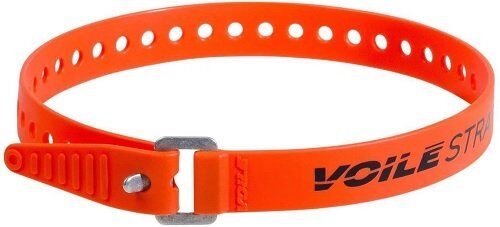

))/2916562.json?hei=600&wid=600&%24Soc_facebook%24)
))/2916562.json?%24BPSMkt_ProductFeeds%24&extend=380,380,380,380)


))/3581700.json?hei=600&wid=600&%24Soc_facebook%24)
))/3581696.json?%24BPSMkt_ProductFeeds%24&extend=380,380,380,380)

))/2509331.json?hei=600&wid=600&%24Soc_facebook%24)
))/2509331.json?%24BPSMkt_ProductFeeds%24&extend=380,380,380,380)




I notice that you didn’t mention a transceiver, which of course wouldn’t go in your pack, but on your body, so maybe that’s why it doesn’t make the list. I have an older Mammut Barryvox (from 2005/2006) and I’m wondering if I need to think about replacing it for any reason? It’s been well cared for (no storing it with batteries, it’s dry and clean, not left on for long periods of time when not in use, not left where there are big swings in temperature, etc.) Would love to hear your input.
Adam,
Check out this piece Nate just wrote about beacons and when to upgrade.
https://mtnweekly.com/reviews/snow-safety/avalanche-beacon-upgrade/
Thanks for following along.
Mike
Hey Adam,
The transceiver beacon part is something I debated about adding here. We also have roundup of of beacons that we have used over the years: https://mtnweekly.com/reviews/snow-safety/best-avalanche-beacons/ and will be updating it again soon with our latest favorite beacons.
-Mike
Nalgene for water/replenishment, plus snacks that are OK while freezing, etc – a definite must in case you’re out there longer than expected. Thanks for the list!
Scott,
Nalgene great tip, what about the anti-freezing snacks. You’re saying there is a better solution then bitting into frozen energy bars? Im all ears.
Sweet article! It’s an interesting perspective to see the gear you take into the backcountry.
It also signals a different approach taken to the backcountry in the Rockies compared to where i mainly splitboard (the Alps). We generally carry much less, I’d only bring a 40L pack when doing a multi-day tour with a mountaineering component (ice axes, boot crampons, harness with all the necessary ropes and metal bits). Having to do an emergency bivy, while not unheard of, is rare (again, in the Alps). The emphasis is getting rescued more than self-reliance in an emergency situation. Also, I wouldn’t weight my pack down with gear for digging pits and recording the output. I’d love to dig pits and analyze how the snowpack evolves, study the crystals, etc., but we generally have enough published / official analyses to give us the necessary info on the snowpack. Regardless, there are a few additional pieces which I always have in my pack even for day tours:
-split crampons: when the skins don’t hold up on an icy skin track or face
-emergency space blanket / bivy sack: this is more to put a wounded partner in, while waiting to be evacuated
-Alpine club card: i think the helicopter will still take you, but they tell you to bring it. Also, gets you discounts at the mountain huts.
-Sunglasses: especially on the glacier. Skinning with goggles isn’t rad
-thermos: with warm tea
Jake,
Thank you for your insightful comment! It’s fascinating to see the differences in backcountry approaches between the Rockies and the Alps.
We ought to do a story about that…